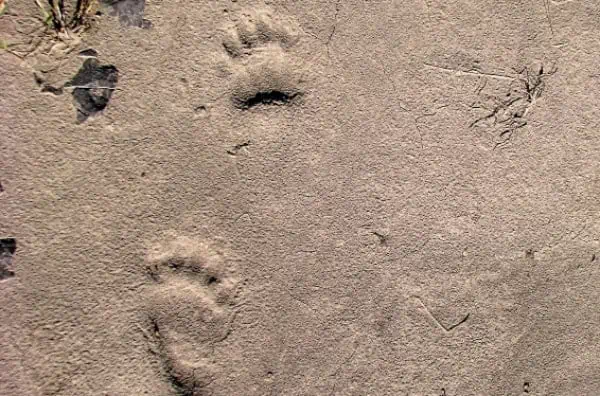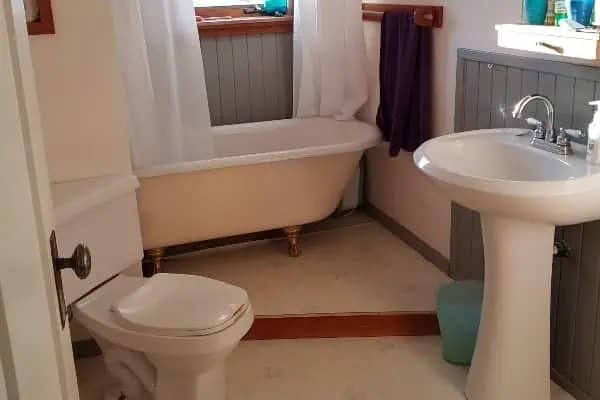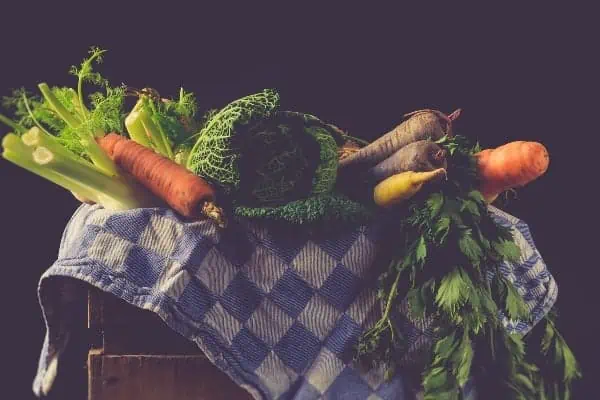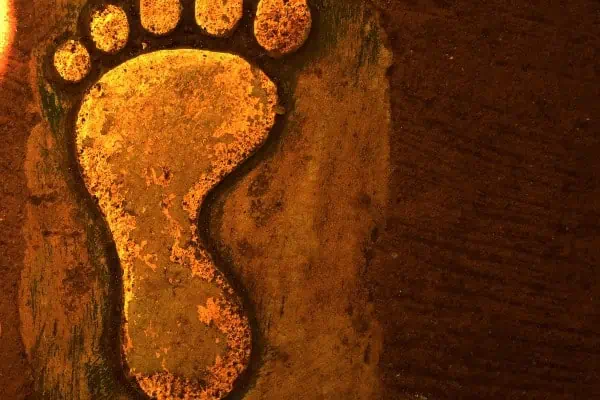Clea Roberts’ first collection of poetry, Here Is Where We Disembark, features every Yukoner she’s ever met. Roberts, a nature poet, shows us the nature of ourselves.
On dressing: “The boots were rated to -50 C/– you wore an extra pair of socks.”
At Rendezvous: “I don’t need/a hairy-leg contest/to tell me it’s been a long winter.”
As drywallers: “Their ball caps, eyelashes,/even their words/coated with a fine layer of dust.”
Southern readers will appreciate Disembark for the clarity of Roberts’ writing, which is reminiscent of the work of fellow nature poet Don McKay. They’ll peek into Yukoners’ nooks and crannies, in the way that readers viewed Newfoundland through John Steffler’s The Grey Islands. And, although Roberts offers southern Canadians keen images of the Yukon, we are the ones who will identify most with them.
Roberts’ manuscript caught the attention of Robyn Read, acquiring editor at Freehand Books. “It’s finely crafted and still accessible to the reader,” says Read.
Publication of Disembark was an 18-month process. Roberts wrote some of it 10 years ago while living in North Vancouver. Prior to that she called Oakville, Ontario and Santiago, Chile home, before arriving in the Yukon eight years ago. She credits Whitehorse Poetry Society member Jamella Hagen and local writer Joanna Lilley for their support, not to mention the “rivers and dogs that carried these poems.”
In Part II of Disembark, Roberts becomes a history hunter with her gold-rush tales told by the women involved. Her call-and-answer storytelling style culminates in the poem “Liar: in which Kate Carmack addresses her husband at Bonanza Creek” and “George Carmack, credited discoverer of gold, gets the last word.”
Roberts creates a dialogue — and sometimes an interior monologue — to get inside the characters’ heads. With the benefit of 100 years of insight, Roberts underscores that events are far less black-and-white than we think.
For example, in “Arrival,” gleaned from letters in Yukon Archives, Daniel Snure has a vision of Hootalinqua in which paddlewheelers “dream of the forests they will burn/in their bellies next year.” This contrasts sharply with Mrs. Snure’s observation, “If only we got mail/regularly./Here it is monthly,/we get grizzlies/more often.”
“That binary element of past and present jumped out at me,” says Freehand’s Read.
Clea Roberts honed her manuscript at the Atlantic Centre for the Arts. Her earlier verses have appeared in numerous literary journals and reviews. She’s received fellowships from the Vermont Studio Centre and been a three-time recipient of the Yukon Advanced Artist Award. She’s nominated for a National Magazine Award, and her latest accomplishment is winning the After Al Purdy Poetry Contest with “When We Begin to Grow Old,” also found in her new collection.
Clap, if you will, to Roberts’ “empty thud of mittens/meeting in applause” and welcome Here is Where We Disembark to the growing canon of contemporary Yukon literature.




